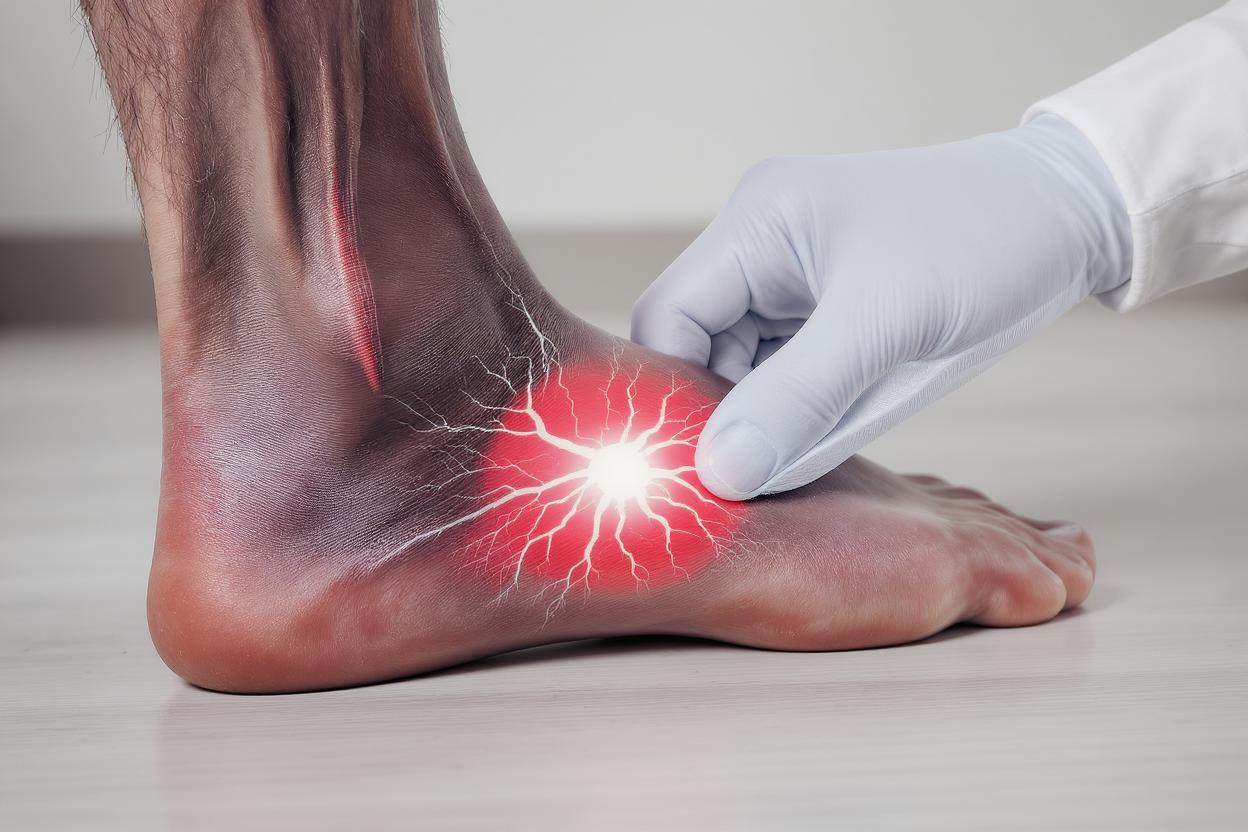Neuropathy clinical trials offer a unique opportunity for patients seeking new treatments and insights into their condition. By joining a neuropathy clinical trial, patients not only contribute to scientific knowledge but also stand to gain direct benefits in managing their symptoms and improving their quality of life.

What are neuropathy clinical trials?
Neuropathy clinical trials are research studies conducted to evaluate the safety and effectiveness of new treatments for neuropathy. These trials are designed to advance medical knowledge and improve patient care by testing new medications, therapies, or procedures. Participants in these trials may receive novel treatments that are not yet available to the general public or receive standard treatments being assessed for new indications.
Clinical trials are conducted in multiple phases to ensure comprehensive evaluation. Phase I trials focus on safety, determining the appropriate dosage and identifying any potential side effects. Phase II trials aim to assess the effectiveness of a treatment, while Phase III trials compare the new treatment to the existing standard of care. Once a treatment successfully passes these stages, it may gain regulatory approval and become widely available.
For those interested in learning more about ongoing neuropathy clinical trials, resources such as Top Neuropathy Clinical Trials | Power provide detailed information on available studies and eligibility criteria.
How can participating in clinical trials benefit neuropathy patients?
Participating in clinical trials can offer several benefits to neuropathy patients. Firstly, patients gain early access to new therapies that could potentially be more effective than current treatments. This is particularly significant for individuals who have not responded well to existing medications or therapies.
Secondly, participants receive close monitoring and care from research staff and medical professionals throughout the trial period. This level of attention can result in more personalized care and management of the patient's condition. Moreover, participants may experience improved symptom control and a better quality of life as trial treatments are often designed to enhance effectiveness and reduce side effects.
Additionally, by participating in clinical trials, patients contribute to medical research that may benefit future generations. Every successful trial helps pave the way for more effective treatments, broadening the understanding of neuropathy and potentially leading to breakthroughs in its management. For those seeking to explore potential benefits and opportunities, the Neuropathy Clinical Research Trials webpage provides a comprehensive list of ongoing studies.
Where can I find neuropathy clinical trials in my area?
Finding neuropathy clinical trials in your area can be a straightforward process with the help of online resources and healthcare providers. Websites like CenterWatch and Top Peripheral Neuropathy Clinical Trials | Power offer searchable databases where you can look up trials based on location, condition, and eligibility criteria.
Academic medical centers and hospitals conducting research may also have information about local trials. Consulting with your healthcare provider is invaluable, as they may have insights into trials for which you may be eligible or connect you with research coordinators.
When considering participation, it's important to fully understand the trial protocol, requirements, potential risks, and benefits. Clinical trials may have specific inclusion and exclusion criteria which must be met to ensure the safety and integrity of the study.
What types of neuropathy are commonly studied in clinical trials?
Numerous types of neuropathy are commonly studied in clinical trials, reflecting the broad spectrum of conditions that neuropathy encompasses. Some of the most frequently researched types include diabetic neuropathy, idiopathic peripheral neuropathy, and chemotherapy-induced peripheral neuropathy.
Diabetic neuropathy is prevalent among individuals with diabetes and results from prolonged high blood sugar levels damaging nerves. Studies often focus on addressing symptoms, slowing progression, and enhancing pain management.
Idiopathic peripheral neuropathy refers to neuropathies without a known cause. Trials often investigate potential underlying mechanisms and emerging treatment options to better manage this condition.
Chemotherapy-induced peripheral neuropathy affects cancer patients undergoing chemotherapy, leading to nerve damage. Trials for this type of neuropathy aim to identify preventive measures and effective treatments to mitigate the discomfort and functional limitations it causes.
To stay informed about emerging treatments and new studies, patients and healthcare providers can visit sites like Latest Treatments for Neuropathy: Exploration & Study ..., which offer updates on the latest advancements in neuropathy research.
In conclusion, neuropathy clinical trials are pivotal in advancing our understanding of the condition and discovering innovative treatments. By participating, patients play an integral role in research, accessing new therapies, and potentially improving their health outcomes while contributing to science for the benefit of all affected by neuropathy.




